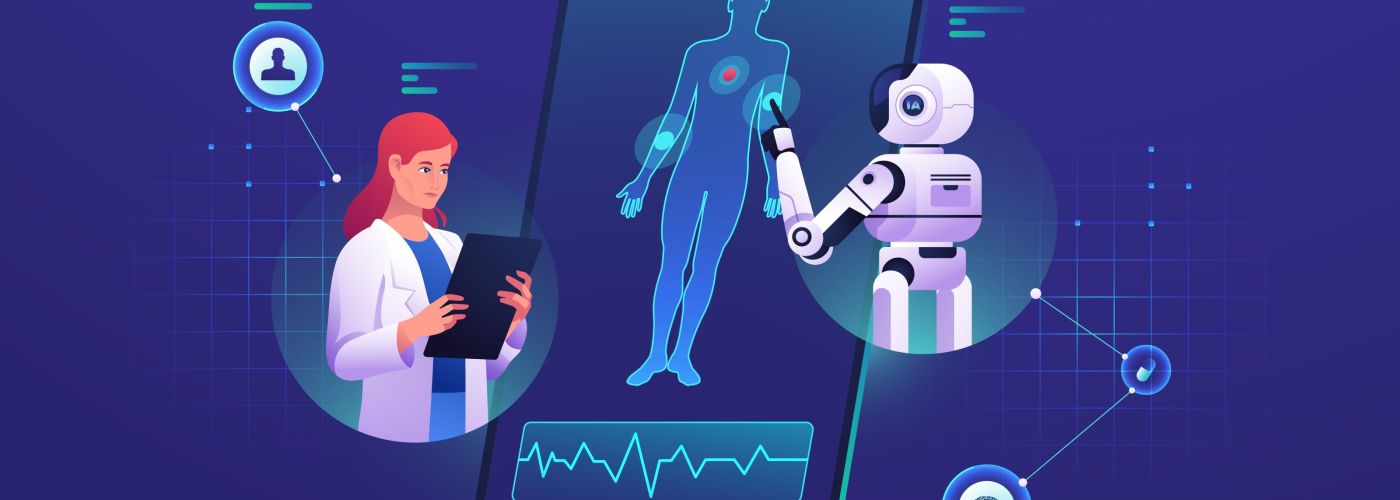The healthcare industry has spent the last decade oscillating between two extremes: warnings of an AI apocalypse that will replace clinicians, and utopian visions of algorithms delivering perfect efficiency. As Inflo Health CEO and former ICU nurse Angela Adams, RN writes in her recent Radiology Today op-ed, these narratives miss the point.
Back in 2017, a well-known venture capitalist predicted that radiologists would be obsolete within five years. Nearly a decade later, radiologists very much still here and are in higher demand than ever. What happened in radiology offers a powerful lesson for all of healthcare: AI isn’t replacing clinicians; it’s multiplying the amount of data and decisions they must manage.
From Replacement to Reliability
AI tools now detect more findings per scan, identify incidental anomalies, and generate richer datasets. But without systems to act on these insights, the result is faster failure.
As Adams explains, “A finding on a scan means nothing if it never reaches the right provider. A recommendation for follow-up doesn’t save lives if no one makes sure the patient actually gets it.” Healthcare isn’t a technical task; it’s a chain of trust, relationships, and accountability. When technology disrupts that chain without closing it, patients fall through the cracks.
For Adams, the conversation must move from automation to accountability – from “Will AI replace clinicians?” to “Will AI help us deliver on our promises to patients?”
More AI = More Data = More Need for Expertise
Radiology illustrates this equation better than any specialty. Imaging data has exploded over the past 50 years, now forming one of the largest data sets in medicine. AI accelerates this growth by surfacing more findings: critical, incidental, and everything in between.
That surge doesn’t eliminate the need for human expertise; it magnifies it. Radiologists and other specialists provide the clinical context and judgment that make a finding actionable. As Adams notes, “Just because a technology can perform some of the functions of a role doesn’t make the practitioner obsolete.”
To succeed, health systems must redesign workflows around AI rather than simply layering automation on top of outdated processes. Without intentional design, errors will persist in the gaps between algorithm and human handoff.
AI’s Challenge: Strengthening the Chain of Care
The same challenge extends beyond radiology to oncology, cardiology, and primary care. If health systems lack the infrastructure to manage follow-up, AI will only increase the rate at which critical opportunities are missed.
That’s why Adams urges a shift toward human-centered, high-reliability AI technology that strengthens, rather than weakens, the chain from finding to follow-up. In her view, healthcare improvement requires humility, partnership, and a relentless focus on outcomes.
A Call to Action
At Inflo Health, Adams and her team are applying these lessons daily: building systems that use AI to close loops, ensure every patient receives timely follow-up, and help clinicians deliver consistent, reliable care.
Her message to the industry is clear:
“AI isn’t replacing the clinician. It’s challenging us to do what we’ve always done best: show up for patients and see the work through to the best possible outcome for every individual, every time.”
Read the full op-ed in Radiology Today












